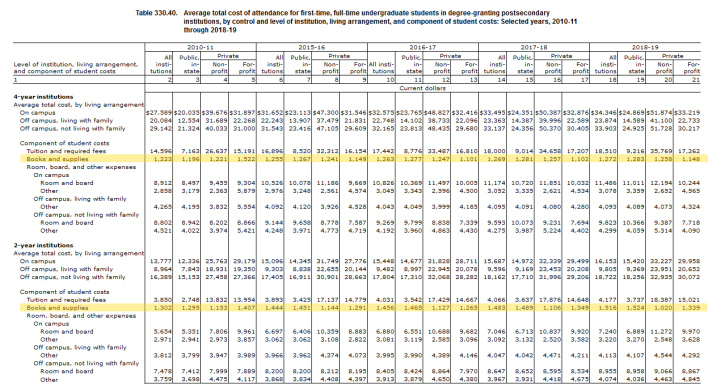Opportunistic Publishers Price Gouge Remote Learning Students On eBooks During Pandemic

Academic textbooks must be one of the biggest shams out there, as math and science do not change enough to warrant a new edition of a book multiple times under ten-year spans. With the advent of eBooks, creating new editions of books became even easier as they did not require printing. Now, with the COVID-19 pandemic, publishers are increasing the prices of eBooks for reasons unknown.
Across the pond, librarians and students at U.K. universities have been experiencing outrageous eBook prices this term, and it scarily appears that is becoming the norm. Now more than ever, students need easy, and low-cost access to books as the pandemic rages on, yet school continues in a modified remote-learning fashion. Though this should be common knowledge, one company, McGraw Hill, was used as an example for ebooks' insane pricing. The cost for libraries to get one copy of “Fundamentals of Corporate Finance,” was £65.99 ($90.77) in print and £528 ($723.89) as a single user ebook. Besides this, librarians and other people have been collecting a number of other books with similar price gouging in a spreadsheet which you can see here
When speaking to The Guardian, Johanna Anderson, subject librarian at the University of Gloucestershire, said that these prices are “not exceptions, but the prices I have come to expect to see.” As this is a widespread problem, approximately 3,000 librarians, academics, and students have signed an open letter that calls for regulation of the academic books market. The letter explains that due to U.K. copyright law, libraries cannot purchase ebooks in the way individuals can but are required to license the book specifically for university use. This license gives way to the prices mentioned above that are, again, not the exception.
While book prices do not appear to be as ridiculous in the U.S., it still calls into question the validity of book prices worldwide. According to the National Center for Education Statistics, students could expect to pay up to an approximated $1,200 a year for books, but that is only an average as the chart above states. On the higher end, College Board’s Trends In College Pricing and Student Aid 2020 reports that first-time, full-time students at non-profit public four-year colleges would need to cover an estimated $4,640 in books, supplies, transportation, and other personal expenses.
Ultimately, what this boils down to is a need for global regulation on the prices of textbooks. Publishing companies are simply taking advantage of students and colleges who have no other option for purchasing books, and this trend will only continue and rise as time goes on. In any case, have you personally experienced college book price gouging at all? Let us know in the comments below.



